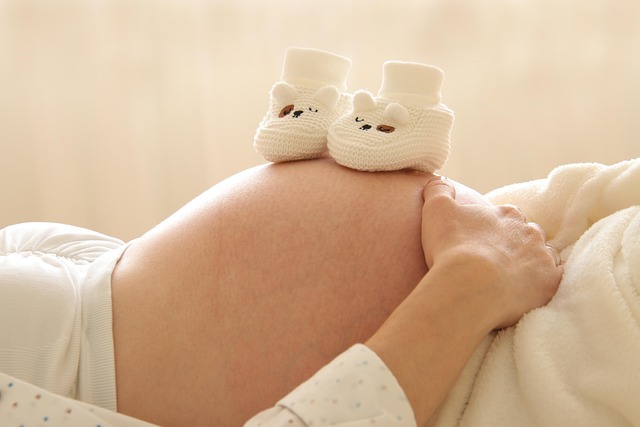We invited women to chat with our fertility experts about egg freezing, and it was clear that many are already informed about this process. For those considering it, the key questions are whether egg freezing is the right choice and if they qualify as good candidates. The silver lining is that women can evaluate their current fertility potential through ovarian reserve testing, which helps them decide if egg freezing makes sense for them.
Common Queries About Egg Freezing
-
How do I know if I should freeze my eggs?
Your age and ovarian reserve testing play a crucial role in assessing your fertility potential. This involves a simple blood test and an ultrasound to check your ovarian function, including the quality and quantity of your eggs. A fertility specialist can help you interpret the results and determine if egg freezing is the right path for you.
-
Is 39 too late for good quality eggs?
Not at all! Many fertility experts suggest considering egg freezing until the age of 40, as egg quality and quantity may still be adequate. Ovarian testing can provide insights into your egg count and quality, helping you make an informed decision.
-
What is the cut-off age for egg freezing?
Both age and ovarian reserve testing are important factors in deciding whether to freeze eggs. Fertility generally starts to decline in the early 20s, but many women can conceive well into their early 30s. By the mid-30s, the decline accelerates, and pregnancy likelihood drops significantly by age 45. Interestingly, hormone levels can vary widely, meaning some women in their early 40s may have good hormone levels and benefit from egg freezing.
-
How many eggs do I need for multiple pregnancy attempts?
Research suggests that freezing around 20 mature eggs can give you multiple opportunities to conceive and potentially have more than one child. Since not every egg will lead to a pregnancy, having this number helps ensure better chances. Typically, eggs are thawed in batches of six to eight, aiming to create high-quality embryos.
-
How many eggs should I freeze, and does my age matter?
We recommend freezing 20 mature eggs, a guideline that applies regardless of age. Younger women often have more mature eggs per cycle, which can lead to fewer cycles needed to reach that goal. Some women with good ovarian reserves may retrieve enough mature eggs in one cycle and feel satisfied with the outcome. However, aiming for 20 is ideal for maximizing your chances of future pregnancies.
-
I’m single; are there financial options to ease the burden?
Many fertility centers offer competitive pricing to make egg freezing more accessible. Before you freeze your eggs, a fertility evaluation, including ovarian reserve testing, typically costs about $325. Some insurance plans may offer partial or full coverage. There are also financing options available, such as programs that allow you to pay a flat fee for multiple cycles until you reach your egg goal, or sliding scale fees that decrease with each cycle.
If you’re ready to take the next step in preserving your fertility, consider scheduling an ovarian reserve test and consultation. You can also explore informational seminars and connect with others who have navigated the egg freezing journey.
In summary, egg freezing can be a viable option for many women, but it’s essential to understand your individual fertility potential through testing and professional guidance.

